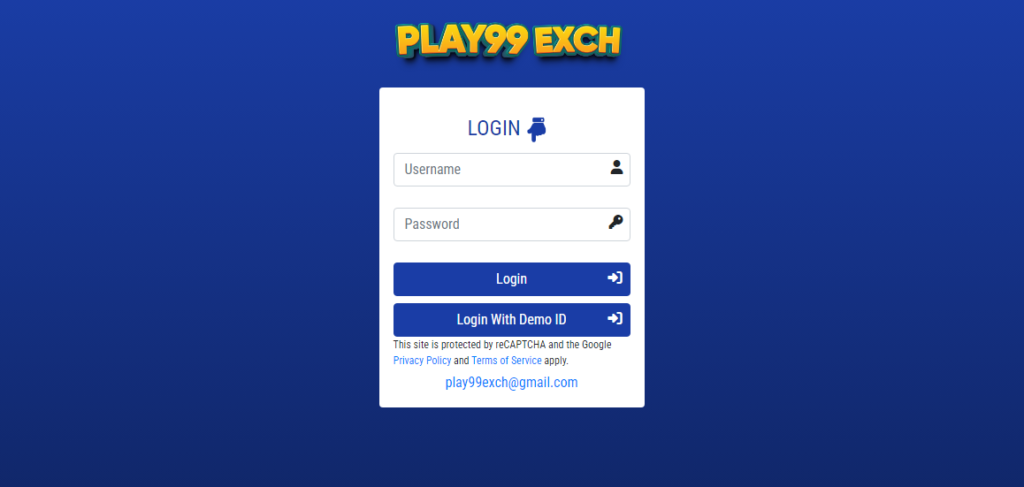Mindful Communication: Navigating Conflict with Empathy
99exch, Online Cricket ID, Laser247: To truly understand different perspectives, it is crucial to step outside of our own experiences and views, and try to see the world through the eyes of others. By acknowledging that everyone has their own unique background, beliefs, and values, we can begin to appreciate the diversity of opinions and ideas that exist in our society. It is important to resist the urge to immediately judge or criticize perspectives that differ from our own, and instead approach them with an open mind and a willingness to learn.

By actively engaging in conversations with individuals who hold different perspectives, we can gain valuable insights and broaden our own understanding of the world. It is through listening to others and being receptive to new ideas that we can break down barriers and foster a sense of empathy and mutual respect. Instead of dismissing or discounting differing viewpoints, we should strive to engage in constructive dialogue that encourages meaningful exchanges and promotes greater understanding among people from all walks of life.
� By actively engaging in conversations with individuals who hold different perspectives, we can gain valuable insights and broaden our own understanding of the world.
� It is through listening to others and being receptive to new ideas that we can break down barriers and foster a sense of empathy and mutual respect.
� Instead of dismissing or discounting differing viewpoints, we should strive to engage in constructive dialogue that encourages meaningful exchanges and promotes greater understanding among people from all walks of life.
Active Listening Techniques
Active listening involves more than just hearing words; it requires full engagement with the speaker. Nonverbal cues such as maintaining eye contact and nodding can show the speaker that you are present and attentive. Additionally, paraphrasing the speaker’s words can demonstrate understanding and encourage them to share more.
Avoid interrupting the speaker or jumping to conclusions; instead, focus on fully comprehending their perspective before formulating your response. Reflective listening, where you mirror the speaker’s emotions to show empathy, can help build rapport and foster a deeper connection. Remember, active listening is a skill that takes practice and patience to master, but the rewards of improved communication and stronger relationships are worth the effort.
Empathy and Validation
Empathy involves putting yourself in someone else’s shoes, trying to understand their feelings and perspectives without judgment. It requires a deep level of emotional intelligence and the ability to connect with others on a human level. Validating someone’s emotions, on the other hand, means acknowledging and accepting their feelings as legitimate, even if you may not agree with them.
When practicing empathy and validation, it is crucial to be fully present in the moment and actively listen to the other person without interrupting. This means giving them your undivided attention, maintaining eye contact, and nodding to show that you are engaged in the conversation. By demonstrating empathy and providing validation, you can create a safe space for open communication and foster mutual understanding and respect.
What is empathy?
Empathy is the ability to understand and share the feelings of another person.
Why is empathy important in communication?
Sky247 Login, Apbook, Goldenexch99: Empathy is important in communication because it helps build trust, improve understanding, and strengthen relationships.
What are some active listening techniques?
Some active listening techniques include maintaining eye contact, paraphrasing what the other person is saying, and asking clarifying questions.
How can empathy and validation improve relationships?
Empathy and validation can improve relationships by showing the other person that their feelings are being acknowledged and understood, leading to a deeper connection and mutual respect.
How can I practice empathy and validation in my daily interactions?
You can practice empathy and validation by actively listening to others, trying to see things from their perspective, and acknowledging their feelings without judgment.
